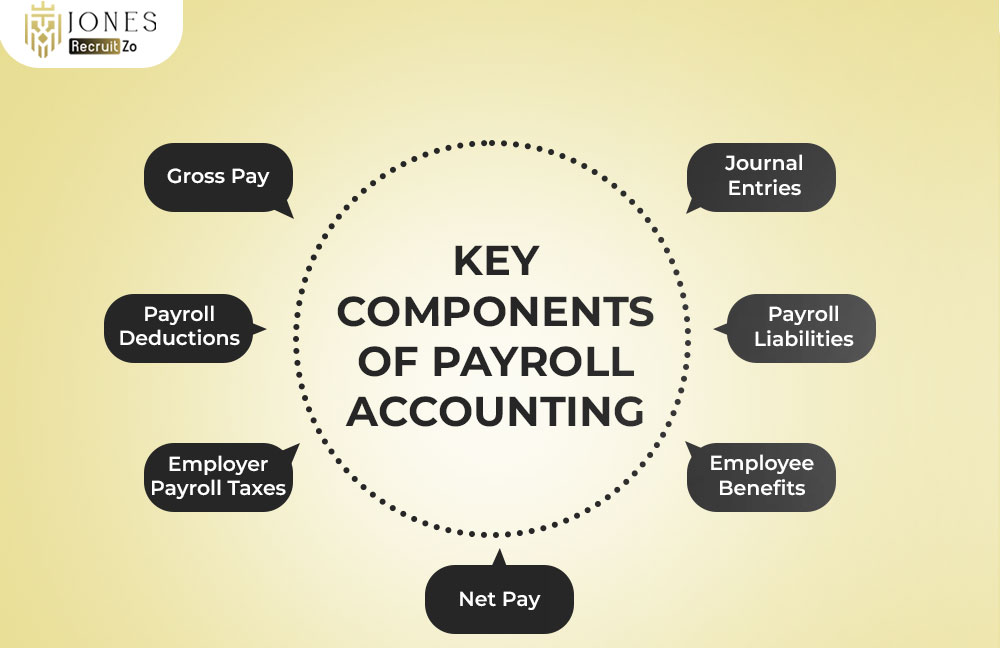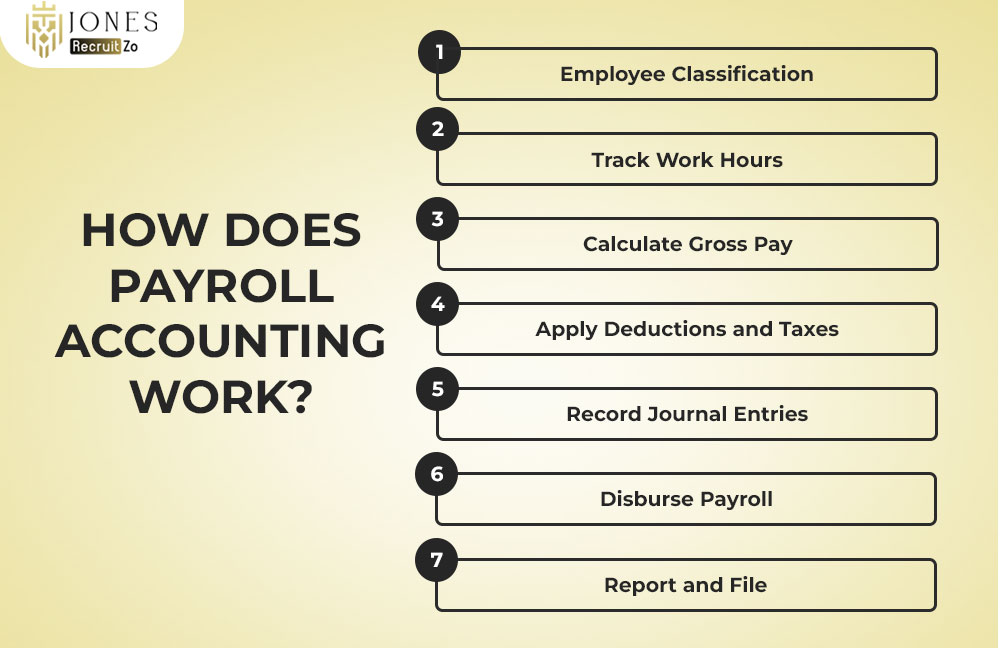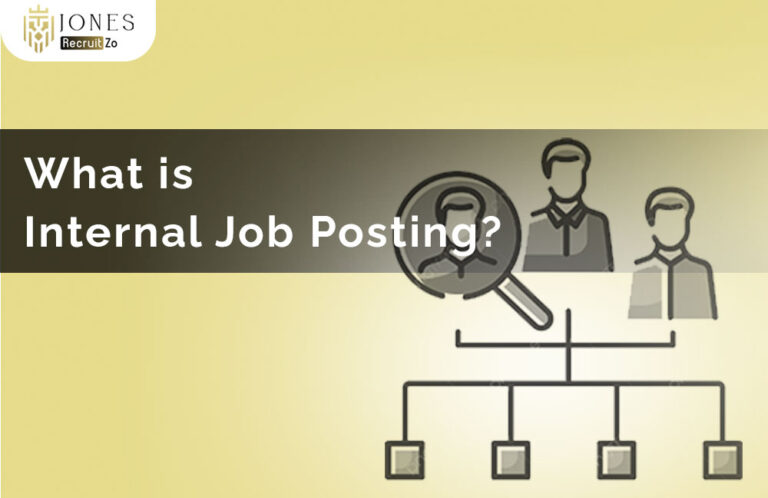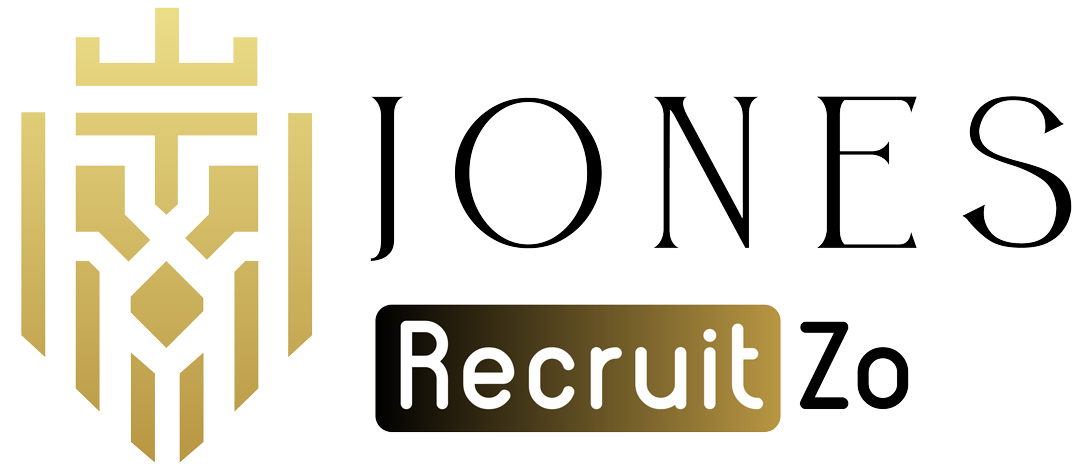What is Payroll Accounting?
Payroll accounting is the process of recording and analysing all features of employee compensation, including wages, benefits, and taxes. Payroll accounting entails basing the calculations made by companies on what exactly is owed to their employees with deductions from each that need to be made, as well as preparing the necessary financial statements. Unlike general payroll processing, it focuses on the back-office finance and journal entry work that underpins the accurate payment of employees and reporting of taxes.
Importance of Payroll Accounting
Understanding why payroll accounting matters can help organisations recognise its role beyond just issuing pay-cheques. Here are the key reasons it’s essential to any business
Ensures Legal Compliance
When done well, payroll accounting ensures that businesses abide by all labour laws, tax laws, and requirements in terms of employee benefits. It helps them stay clear of penalties and prepare for any audits or statutory filings.
Improves Financial Accuracy
A payroll accounting of due diligence ensures financial accuracy by accounting for any rupees spent on employee compensation in detail. This is to say that payments and expenses relating to employees are accurately reflected in financial statements and budget plans.
Builds Employee Trust
When payroll works consistently and error-free, the employees develop trust towards the organisation. Timely and transparent payment gives rise to a good employer-employee relationship and enhances morale.
Supports Internal Reporting and Budgeting
Payroll data offers insights into labour costs, helping management with internal reporting and financial forecasting. It aids in better budgeting decisions and resource allocation.
Helps Monitor Cost of Labour
By tracking salary-related expenses, payroll accounting helps monitor and control labour costs. This is especially useful in cost-cutting strategies or when evaluating workforce efficiency.
Key Components of Payroll Accounting

Payroll accounting consists of several interconnected elements that must be tracked and recorded carefully to ensure compliance and accuracy.
Gross Pay
Equivalent to all amounts an employee receives for services rendered before any deductions, such as base salary, overtime, bonuses, or other earnings.
Payroll Deductions
Deductions can include any taxes withheld from employees, such as retirement funds or insurance premiums.
Employer Payroll Taxes
Such taxes are in addition to employee taxes, and the employer is responsible for the payment of the same type of payroll taxes, such as provident fund contributions or employer health insurance.
Net Pay
The amount paid to an employee after deductions, commonly referred to as take-home pay.
Employee Benefits
Any such benefits include those that are granted in kind, for example, health insurance, stock options, and paid leave; these are also entered into the payroll accounting records.
Payroll Liabilities
These include tax liabilities and other obligations that a company owes to government agencies or other parties on behalf of employee earnings.
Journal Entries
Every payroll period pays for the recording of journal entries to reflect gross wages, liabilities, and payments. These entries are then fed into the company’s general ledger.
Payroll Accounting vs Payroll Processing
Payroll accounting involves the financial and record-keeping side of employee compensation. It deals with journal entries, various types of tax filings, and sometimes the classification of expenses. Payroll processing, however, is more operational: it involves calculating payroll, issuing pay-cheques, and handling timesheets. Payroll processing is to get the employees paid, while payroll accounting is to get those payments accurately recorded in the books.
How Does Payroll Accounting Work?

The first step is the correct classification of employees: full-timers, part-timers, or contractors, each of which has to abide by divergent tax laws or regulations regarding benefits.
Employee Classification
Such taxes are in addition to employee taxes, and the employer is responsible for the payment of the same type of payroll taxes, such as provident fund contributions or employer health insurance.
Track Work Hours
Hours worked must be recorded accurately for an hourly employee. It is from this figure that the gross pay is calculated.
Calculate Gross Pay
Once hours and pay rate have been determined, gross pay can be calculated, as well as bonuses or commissions.
Apply Deductions and Taxes
Apply statutory deductions, such as income tax, provident fund, and professional tax, alongside optional deductions, such as insurance premiums or retirement benefits.
Record Journal Entries
All payroll expenses and liabilities pertaining to them need to be recorded in journal entries for accurate financial statements.
Disburse Payroll
After the payroll calculations and deduction processes, the net pay is disbursed to the employee bank accounts on a stipulated pay date.
Report and File
Report and file all forms of payroll with relevant tax and government authorities, such as TDS returns, PF/ESI filings, and annual statements of salary.
FAQs
1) What is payroll accounting?
Payroll accounting is an accounting cycle that records payroll transactions by way of recording in the general ledger all expenses related to the compensation of employees concerning salaries, benefits, taxes, etc.
2) What is the importance of payroll accounting?
For compliance purposes, payroll accounting is very crucial as well as enhancing the financial accuracy of the business; it also helps to build trust among employees and enable better budgeting and reporting for businesses.
3) What is the difference between payroll accounting and payroll processing?
Payroll processing is the calculation and payment of wages, and payroll accounting is the recording of those transactions in the financial systems of a company for compliance, audit, and reporting.
4) How Does Payroll Accounting Work?
It classifies employees, keeps track of hours worked, calculates pay, applies deductions, records journal entries, issues payments, and submits reports to governments.














